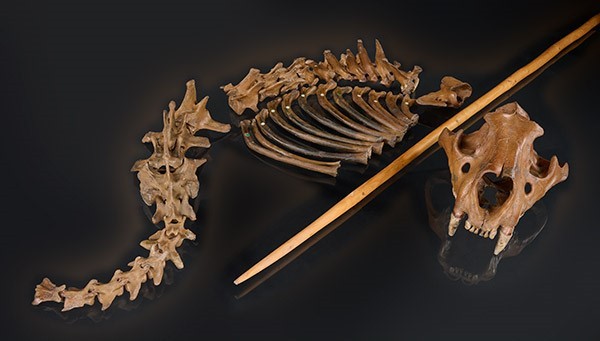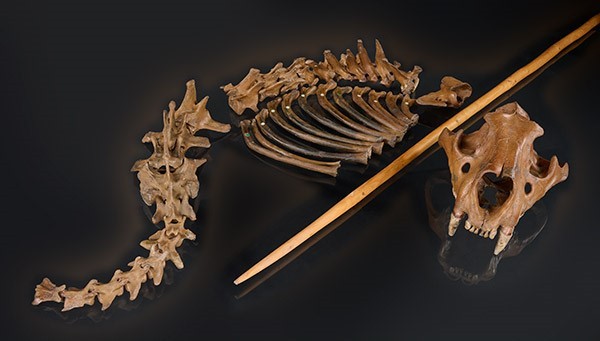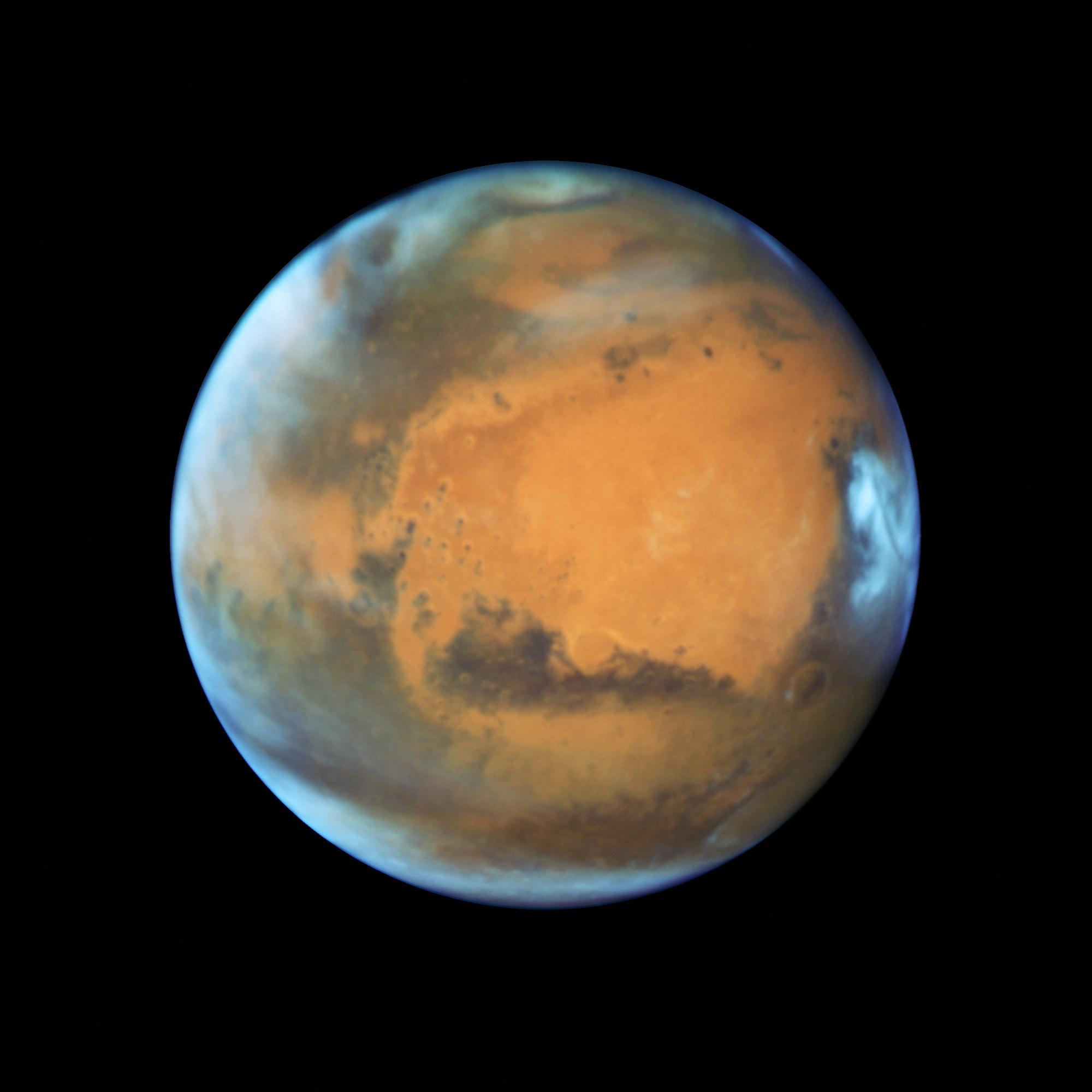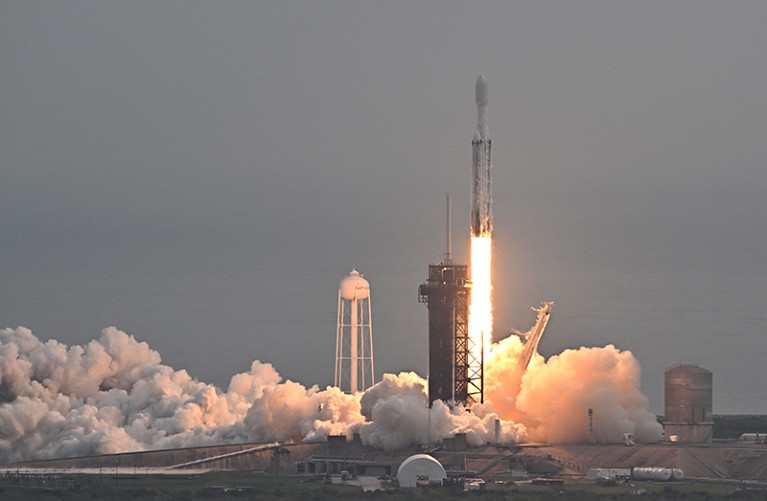-
Science is under threat in Argentina — we must call out the danger

Argentina goes to the polls on 22 October to elect a new president. Scientists, including me, are deeply concerned: there is a very real prospect that the candidate of the far-right Libertarian Party, Javier Milei, could be our country’s next leader. Argentinian presidents have far-reaching powers. They are both head of state and head of…
-
The centennial of the planetarium

The first planetarium projector was completed 100 years ago, providing the public with an unparalleled view of the night sky. The International Planetarium Society is marking this major anniversary with celebratory events across the globe. The history of planetariums starts with the desire of humankind to reproduce the unique beauty of the night sky. Marvellous…
-
How to share data — not just equally, but equitably

Mexico City’s people have trusted researchers with their medical histories.Credit: Cristopher Rogel Blanquet/Getty Two decades ago, scientists asked more than 150,000 people living in Mexico City to provide medical data for research. Each participant gave time, blood and details of their medical history. For the researchers, who were based at the National Autonomous University of…
-
Daily briefing: ‘Milkshake brain’ — why we gravitate towards fatty foods

Hello Nature readers, would you like to get this Briefing in your inbox free every day? Sign up here. Neanderthals probably hunted cave lions, the extinct larger and heavier cousins of modern lions, for more than just food. (V. Minkus. NLD) Neanderthals hunted cave lions A spear mark on the 48,000-year-old skeleton of a cave…
-
Daily briefing: ‘Milkshake brain’ — why we gravitate towards fatty foods

Hello Nature readers, would you like to get this Briefing in your inbox free every day? Sign up here. Neanderthals probably hunted cave lions, the extinct larger and heavier cousins of modern lions, for more than just food. (V. Minkus. NLD) Neanderthals hunted cave lions A spear mark on the 48,000-year-old skeleton of a cave…
-
Apple revival: how science is bringing historic varieties back to life

Hundreds of apple varieties once popular in the United States have disappeared.Credit: Leah Choi for Nature When Jude Schuenemeyer picked the apple up off the ground in December 2017, he wondered whether his two-decade search was over. It was a firm winter apple, orange in colour with a distinctive ribbed shape and wider than it…
-
Scientists propose sweeping new law of nature, expanding on evolution

WASHINGTON, Oct 16 (Reuters) – When British naturalist Charles Darwin sketched out his theory of evolution in the 1859 book “On the Origin of Species” – proposing that biological species change over time through the acquisition of traits that favor survival and reproduction – it provoked a revolution in scientific thought. Now 164 years later,…
-
Scientists propose sweeping new law of nature, expanding on evolution

WASHINGTON, Oct 16 (Reuters) – When British naturalist Charles Darwin sketched out his theory of evolution in the 1859 book “On the Origin of Species” – proposing that biological species change over time through the acquisition of traits that favor survival and reproduction – it provoked a revolution in scientific thought. Now 164 years later,…
-
Alerting for imminent earthquakes
Forecasting the occurrence of earthquakes, particularly of high magnitude (≥5), is a notoriously difficult problem (Nat. Comput. Sci. 3, 115; 2023). Often, scholars devote their efforts to detect and make use of possible signals that may warn of an impending earthquake — such as surface deformations prior to a shock — but observing and collecting…
-
Daily briefing: ChatGPT use makes a mockery of grant applications

Hello Nature readers, would you like to get this Briefing in your inbox free every day? Sign up here. The Psyche spacecraft launched successfully from NASA’s Kennedy Space Center in Florida on 13 October.Credit: Chandan Khanna/AFP via Getty Psyche mission will visit huge metal asteroid On Friday, a NASA spacecraft successfully began its journey to…